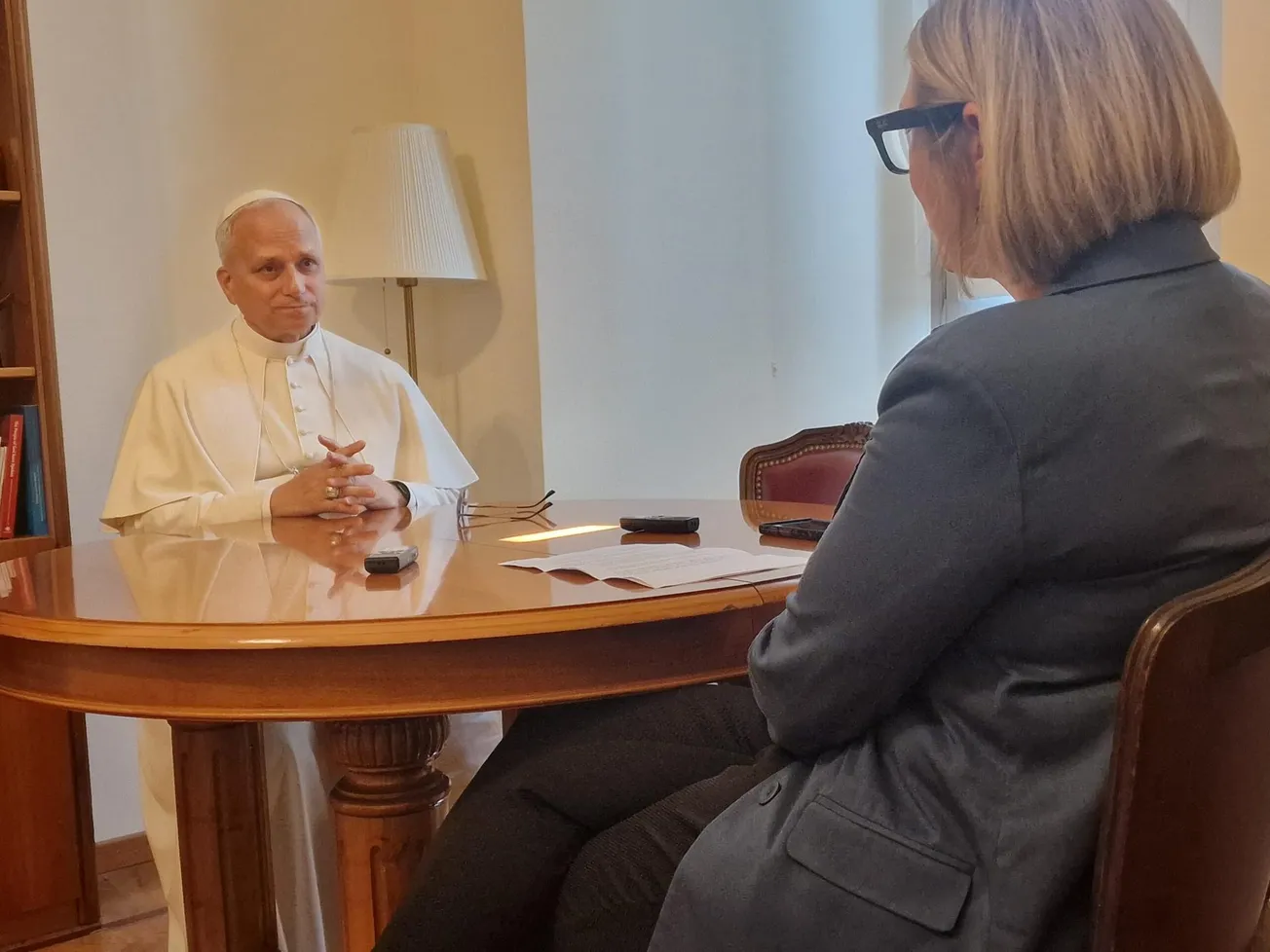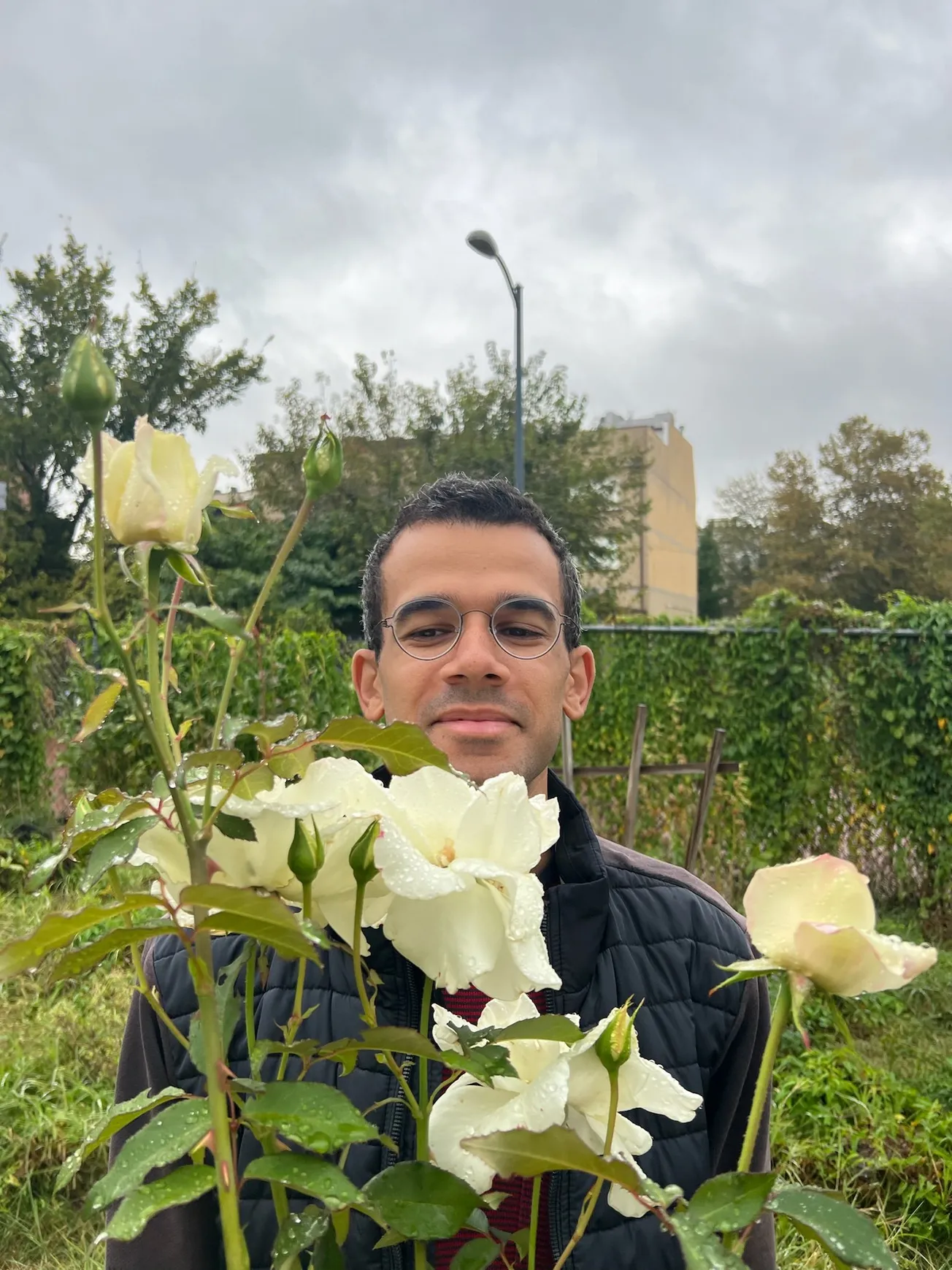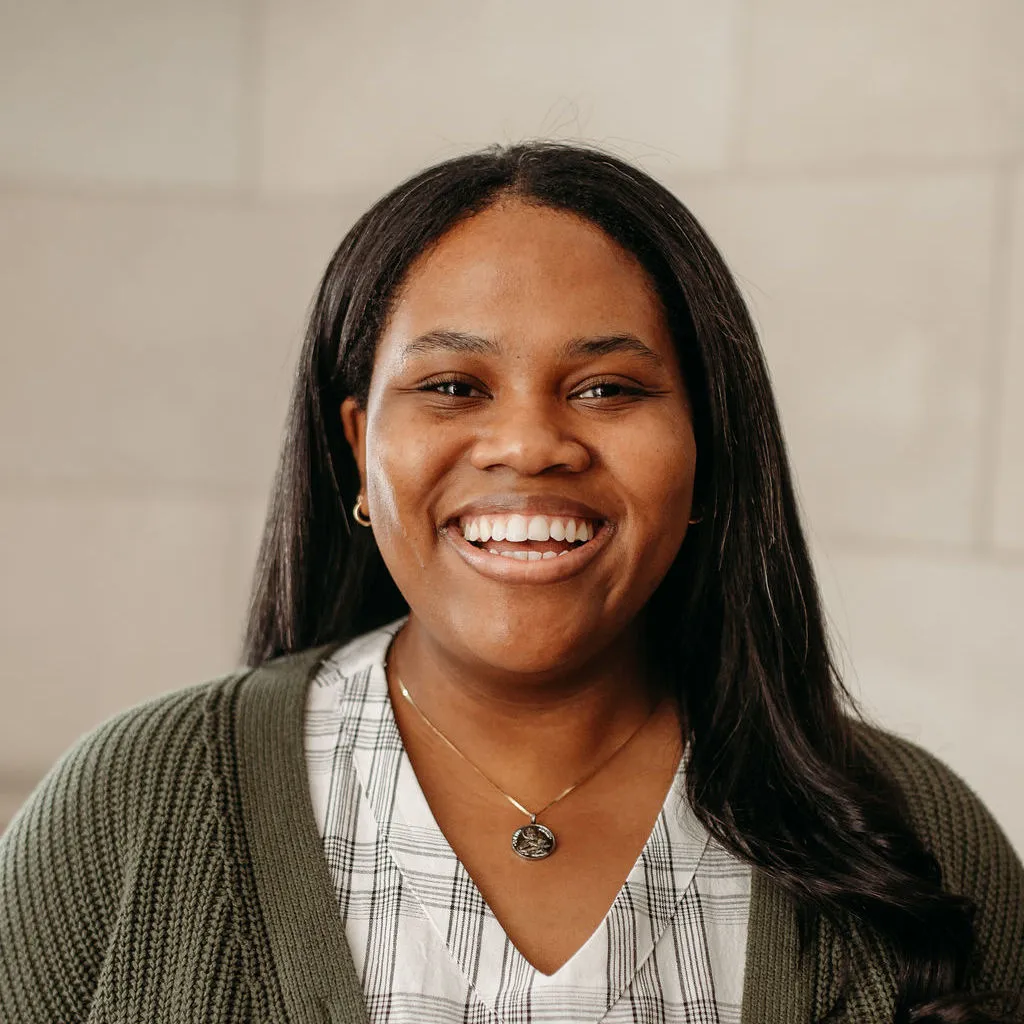This interview is continued from part 1, posted yesterday:

Alessandra Harris: I want to talk a little bit more about your work. With the homicide rate and gun violence soaring in 2019, 2020, and this year, and as someone who grew up in an environment that had a lot of drugs and violence. What would you say would be a solution to people facing that type of environment right now, so that people don't end up, as you said, being killed or in prison?
Keith Lamar: I think the first thing, the most urgent thing, is to provide these people with resources. To eliminate the desperation that's involved and leading to all of these murders. People are fighting over limited resources, and they join these gangs in order to marshal their strength in order to procure and keep the resources that are in that particular environment. No one discusses these things, no one talks about these things, no one talks about the causes of these things.
The effects are so horrific. Kids might be walking down the street, minding their own business, and might be hit by a stray bullet. That of course escalates everything, but we never get to the cause of why these things are happening. All these things are happening in poor neighborhoods, economically depressed neighborhoods. So economics have a big part to play in all of that.
The education system is a failure. People, particularly young Black people, have no sense of history, no sense of community. They don't have a sense that this person who they are shooting at is related to them. Historically, those are the things that you should be learning as a kid, but we don't. We live in a society that promotes the theory that it is every man for himself. People learn that lesson, and press that understanding about life; this is what they're being taught.
We are the richest country in the world, those riches are concentrated in a small group of people’s hands. That's what those people are saying, if not, by their words, through their actions: that they don't give a damn about you, those of you who are on the bottom.
People on the bottom want to buy a brand-new car or house. That's the dream that's being sold. That’s the story that these young people are being told that you can get these things or have these things. That's the same thing that was told to me when I was 12, 13 years old. I went for it. And I had those things. But I had to give up something in order to have those things. I had to give up my soul.
A lot of these young people, once they end up where I am, they might learn that they were duped. That they were tricked. A lot of guys that I've met over the years have remorse that they allowed themselves to be used in such a way.
I did a lot of things that require forgiveness in the community. I spilled blood on the very streets on which I was raised. It wasn't until I was 25, 26 years old, that I finally fully understood the damage that I had done. But by then, I'm dealing with another situation.
It doesn't stop until you stop it. The destruction doesn't come to an end until you become aware of what you're doing and you put a stop to it. A lot of people never even get to that point where they can see it. The struggle that they were engaged in on the street often continues here in prison. The same guys are fighting and killing each other over these limited resources.
There's no rich people in this place. If you listen to the narrative, poor people are the problem. Poor people are the ones who are killing each other. But where are these guns coming from? These are not Smith and Wesson six-shooters. These guys have the kinds of weapons they use over in Iraq and Afghanistan. Weapons are being dumped in these inner-city poor neighborhoods. The same people who created this context are now the same people standing in judgment over what they created.
AH: I think it's really important that the first thing you mentioned was economics, because a lot of times, when people look at violence, they want to say Black people are inherently violent, or they want to point to absent Black fathers, or they want to talk about the number of people born out of wedlock.
Michelle Alexander wrote in “The New Jim Crow” that right before the crack epidemic spiraled out of control, African-American communities were in the throes of economic desperation and depression because of de-industrialization and a lot of the factory jobs had disappeared.
So, we could point fingers at the Black family, but like you're saying, it really comes down to a lack of resources, a lack of investment in education, and a lack of hope and economic opportunities in Black communities.
KL: Since the beginning, since the Emancipation Proclamation when the slaves were ‘freed’, there was a plan set in motion to re-enslave them. In that eight-year period of Reconstruction, Black people were allowed to vote and allowed to participate in society. Look at Tulsa, Oklahoma—Black Wall Street. Whenever Black people have been given the opportunity to improve their lives, they have done that.
But you also got to look at what this country has done to our leaders. People who have taken leadership positions to try to guide and elevate Black people out of a social situation. Martin Luther King, Malcolm X, Medgar Evers. These people were assassinated.
When you talk about Black men not being part of a family—that was a policy during slavery. Black men weren't allowed to be a part of their families. That started the pattern. There is a thing called epigenetics where these lessons are passed on in the bloodstream. The fact that these things continue on to this day shouldn't be a mystery for anybody who understands how the human being is made up. But education is the main thing.
AH: I think it's a good time to pivot to the organization you founded, Native Sons, because like we talked about, there is a lack of education, especially in the Black community.
Your website, Justice for Keith Lamar, states that 85% of the 55,000 juvenile inmates detained every year are illiterate. So can you tell us about Native Sons and the impact it has had?
KL: I was a part of that statistic. When I was 13, I went joyriding in a stolen vehicle with a group of older boys in my neighborhood. We were caught and brought before one of the most notorious judges in the juvenile justice system, a guy named Leodis Harris. I was sent away for six months, then came home. Nothing had really changed. I was still in an economically depressed neighborhood, I was forced to fend for myself because of a situation going on in my family, and I wasn’t going to school because my immediate needs were more pressing.
A lot of young people find themselves in that situation. They’re basically raising themselves. I moved out of home when I was 15 years old and had my own apartment. But I didn't really know how to read. I didn't really know how to track cause and effect. I didn't really understand how what I was doing had something to do with where I was going. A lot of young people don't see that. All they see is that I'm gonna do this thing. That's as far as they can see. They don't see that every action has an equal and opposite reaction. They don’t learn that when they’re young.
Richard Wright had a big impact on me when I came to prison. I read his books, “Black Boy”, “Native Son”, and “The Outsider”, all his books. Most everything Wright has written, I've read. He was the one who had really gave me a sense of what agency meant. He gave me the vocabulary to talk about the environment that I was living in.
He also, most importantly, allowed me to see that it was historical elements involved, even though the 1700s is a long way from the 1900s. And now it's the 21st century. But that’s not how things work. We live from one moment to the next. If you don't change what will happen in this moment, that moment can stretch into eternity. Everybody knows that. But if you are illiterate, you don't know that.
So, one of the things I've been trying to do is get certain books that have had a big impact in my life, get those books to young people who were in the same situation as I was when I was 13. And maybe, if you can provide them with that, you can give them a chance. That's the only thing that books really do—they give you a chance.
It's a lot of things that are arrayed against young people who are coming up in these difficult situations in the US. The odds are heavily stacked against them. You have to basically hit the lottery to make it through that minefield. That's essentially what it is. Life can be blown up at any moment. The most and best I can do under the circumstances is give these young people a chance.
I found out that young people in the public school system are equally hindered. As a substandard, lackluster curriculum that's missing so many pieces, so many ingredients that contribute to a person become a fully functioning human being. Responding to that lack, I expanded the project to include high school students.
Right now we're reading with a group of students out of New York and a group of students here in Ohio and Cincinnati. In New York, we’re reading “The Autobiography of Malcolm X”, which is another book that had a big impact on my development. In Cincinnati, we've read “Between the World and Me” by Ta-Nahesi Coates, and we read “Their Eyes Were Watching God” by Zora Neale Hurston.
Those books are on the [prison’s] banned list. A lot of those books, innocuous as they may seem or be in actuality, are on the banned list, because they teach us about our humanity. They teach us how not to be, you know, willful participants in our own destruction. They teach us about our worth. Those are the things that young people need to know, that they have value, intrinsic value. Not the value that is bestowed if you have a pair of Air Jordans or a flashy car. That you, yourself, by yourself are worth something because you are a human being and you are brought here and given this life by God—something higher than your immediate circumstances.
I'm trying to have a conversation with young people based on using some of the knowledge from my own experiences. I've already made all the mistakes for them. That's what I try to tell them, that ‘If you can listen to me, folks, maybe you can get a glimpse of what's possible. And that's really all you need.’
That's all I got. No one spelled it out for me. I just got a glimpse. I just needed this little piece of light. Sometimes that's all it takes.
AH: What kind of feedback have you gotten? Do you feel that you are making a difference in these young people's lives?
KL: I know I'm making a difference. I hear from the kids, and I'm making a difference. And it’s not just kids. It’s anybody. That is the magic about books. I'm just delivering the book to you. I could never write as well as Richard Wright. I could never write as well as James Baldwin, Malcolm X. And I don’t have to, because they've already done that work.
My hardest hurdle was getting into these spaces, because, of course, I'm on death row. It's not like a ringing endorsement. ‘We got a guy on death row that wants to engage with your children.’ But I have a track record, too, of rolling out this program. And I've taught in several colleges in Youngstown and in New York, for what’s called Prison Experience class.
Literacy is really the thing, the key, that unlocked my whole life for me. Going back to slavery, it was a crime punishable by death to teach slaves how to read. Why is that? Why was that so much of a threat? But I talk to young people about that. They said we were subpar, subhuman, that we were basically animals who could walk upright. That was the only thing that distinguished us from animals, the fact that we can walk on two feet. That, according to the people who were oppressing us, was the only miracle, that we could walk. But we didn't have the brains, according to them, to understand. And yet they had laws written into the penal code, that it was against the law to teach these people how to read. So, if you believe what you said about our inherent inferiority, why would you need a law?
I figured it out that this was all engineered and fashioned to deliver us to exactly where we are. That’s the thing that really infuriates me, that this is the place that you always intended us to be. Now that we're here, you can sit back and you can gloat. It’s really sad.

Alessandra Harris is author of two novels and is a wife, mother of four, and co-founder of BCM. She earned degrees in Comparative Religious studies and Middle East Studies and currently studies in the Diocese of San Jose's Institute for Leadership in Ministry. She has also contributed to publications such as America Magazine, Grotto Network, and US Catholic. Her third novel is due in 2022.
Want to support our work? You have options.
a.) give on Donorbox!
b.) create a fundraiser on Facebook













